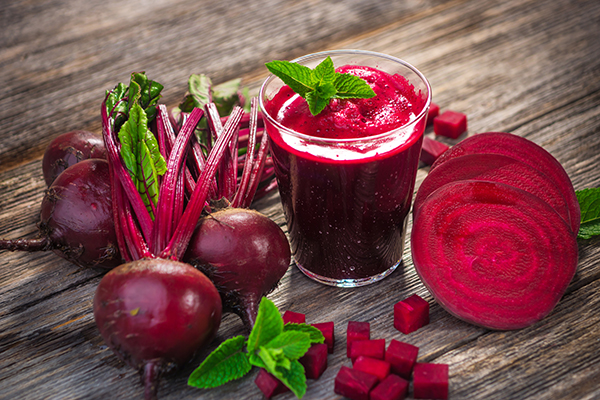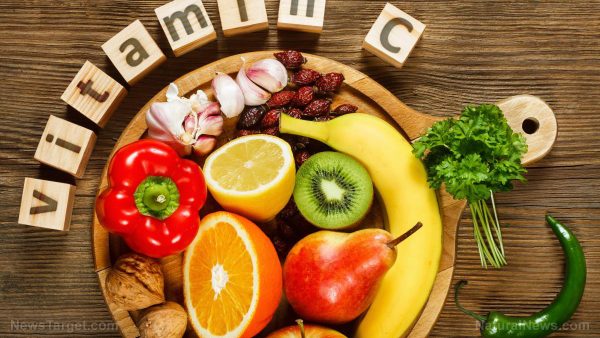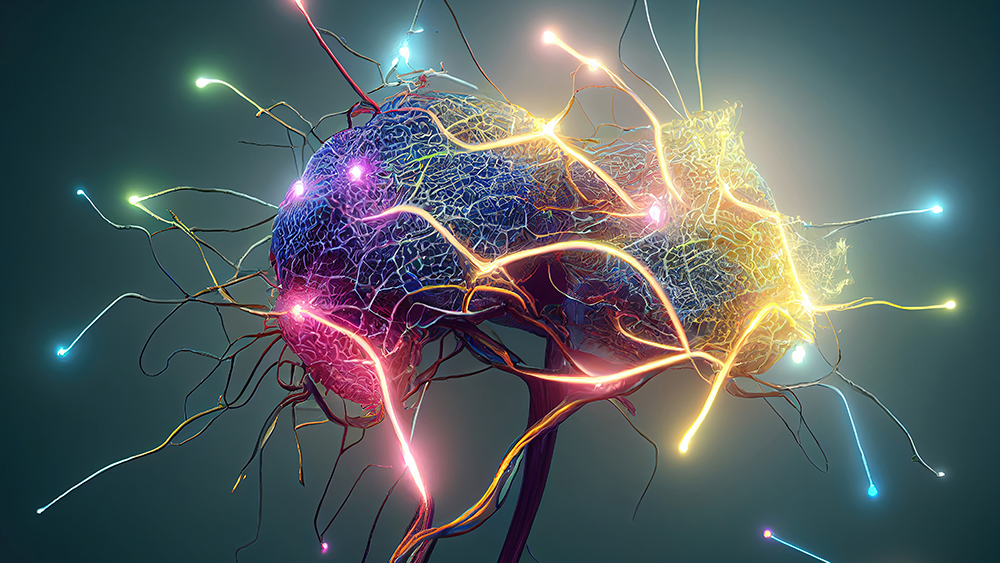- Over 90 percent of food allergies are caused by eight common foods – peanuts, tree nuts, milk, eggs, wheat, fish, shellfish and soy. The book emphasizes prevention through allergy testing, label reading and strategies like retesting peanut allergies (20 percent outgrow them). It offers practical substitutions, such as fruit juice for dairy or vinegar-based alternatives for eggs.
- A diet rich in omega-3s (walnuts, salmon), vitamins E and C (leafy greens, tomatoes) and antioxidants may reduce Alzheimer's risk. Weekly fish consumption and colorful fruits/vegetables are highlighted for cognitive protection.
- Green tea, quercetin-rich foods (apples, citrus, buckwheat) and vitamin C-packed kiwis can help regulate histamine release and alleviate allergic reactions without pharmaceuticals.
- Fruits like apples and bananas, plus quercetin sources (red onions, citrus), may improve lung function and reduce asthma symptoms. The book advocates plant-based diets for better respiratory health.
- The book champions food as medicine, encouraging mindful eating to combat disease, hidden allergens and inflammation. It rejects restrictive diets in favor of sustainable, nutrient-dense choices for long-term wellness.
The book "
Unleash the Inner Healing Power of Foods" by Frank K. Wood and the editors of FC&A Medical Publishing offers a timely exploration into the profound impact of diet on our well-being. This insightful guide delves into how the foods we consume can be pivotal in preventing allergies, combating diseases and enhancing overall health. The book has garnered attention from health enthusiasts and medical professionals alike, sparking discussions on the transformative potential of dietary choices.
The journey begins with a pressing concern for millions worldwide: food allergies. According to the book, over 90 percent of all food allergies can be attributed to just eight foods: peanuts, tree nuts, milk, eggs, wheat, fish, shellfish and soy. While a cure for food allergies remains elusive, the authors emphasize that prevention is paramount. They advocate for vigilance and proactive measures, such as allergy testing and meticulous label reading.
For instance, the book suggests that individuals with peanut allergies, which often begin in childhood, might consider retesting, as approximately 20 percent outgrow this allergy. For those with nut allergies, the authors advise caution, as nuts can lurk in unsuspecting places like barbecue sauce and baked goods. The book also provides practical advice for those avoiding dairy, recommending the use of water or fruit juice as substitutes in recipes.
Egg allergies, another common issue, require careful scrutiny of food labels for ingredients like albumin and globulin. The authors offer creative solutions, such as using baking powder with vinegar or yeast dissolved in water as egg substitutes in baking. For those allergic to wheat, the book suggests alternatives like tofu or corn starch to thicken soups, highlighting the importance of being aware of hidden wheat in foods like bulgur and couscous.
The authors also address the challenges posed by fish and shellfish allergies, noting that airborne fish particles at open-air markets can trigger reactions. They recommend checking condiment labels for anchovies and other fish products.
Shifting focus to brain health, the book explores the role of diet in preventing Alzheimer's disease. It highlights the benefits of omega-3 fatty acids found in walnuts, almonds and cold-water fish like salmon, citing a study that links weekly fish consumption to a lower risk of Alzheimer's. The authors also emphasize the importance of vitamins E and C, found in foods like cantaloupe, green leafy vegetables and tomatoes, which can significantly boost protection against the disease.
The book further suggests that a diet rich in antioxidants can combat free radical damage, a key factor in Alzheimer's development. It encourages readers to incorporate more fruits and vegetables into their meals, offering a natural and effective approach to maintaining cognitive health.
In the battle against allergies, the authors recommend natural antihistamines. Green tea, with its powerful antioxidants, is presented as a potent ally in disrupting the body's allergy response. Buckwheat, apples and citrus fruits, rich in quercetin, are also recommended for their antihistamine properties. The book even highlights the benefits of kiwis, which are loaded with vitamin C and can help regulate histamine release.
Finally, the authors address asthma, suggesting that a diet rich in fruits and vegetables can improve lung function and reduce the risk of lung disease. Apples are particularly highlighted for their role in combating asthma, while red onions, buckwheat and citrus fruits are recommended for their quercetin content. The authors also suggest that bananas can help soothe asthma symptoms by reducing wheezing and indigestion.
"Unleash the Inner Healing Power of Foods" offers a comprehensive guide to harnessing the healing potential of our diets. It encourages readers to be mindful of their food choices, providing practical advice and scientific insights to support healthier living. As the authors aptly put it, "Your body is your temple and the foods you eat are the fuel that keeps it running smoothly." This book is a testament to the transformative power of food, offering a roadmap to a healthier, more vibrant life.
Learn more about the
healing power of foods by watching the video below.
This video is from the
BrightLearn channel on Brighteon.com.
Sources include:
Brighteon.ai
Brighteon.com
 Parler
Parler Gab
Gab










